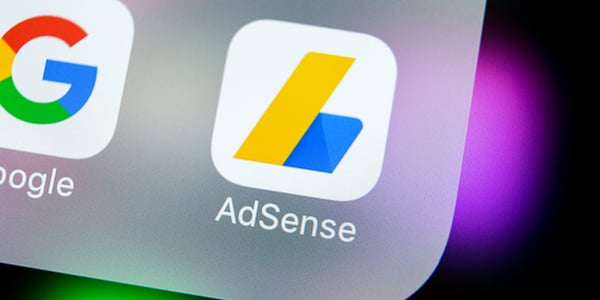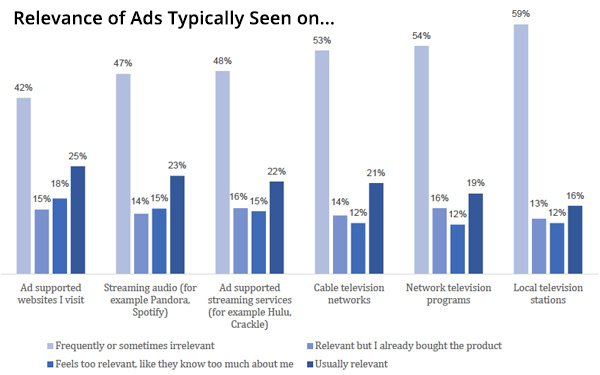
This week's review of ad fraud and privacy in the digital advertising space.

In an effort to reduce invalid traffic (IVT) and ad fraud across Connected TV (CTV), Mobile Apps, and Web supply, Amazon has integrated Pixalate’s pre-bid Blocking ad fraud filtering into the Amazon DSP (demand-side platform) for media buyers.
Beginning January 2022, Amazon DSP clients will have an opportunity to protect their ad campaigns with Pixalate’s ad fraud blocking technology across:
Schedule a free demo to benefit from the same ad fraud protection as Amazon.

After the announcement of dismissing the idea of FLoC by Google, the company introduced a new idea for the post-cookie era in advertising - Topics. "The Topics API allows Chrome to determine up to five topics – think things like fitness, travel, books, team sports or rock music – that represent a person’s top interests for a certain week across participating websites (as in, websites that choose to call the Topics API). When someone visits a participating site, the Topics API picks three topics for targeting purposes – one topic from each of the past three weeks – and shares them with that site and its advertising partners to personalize ads to that person," explains AdExchanger.

ARF released its annual privacy report showing Americans' approach towards ad targeting. "Between 31% and 43% of consumers rejected being included in a target segment defined by probable age and gender to location tracking and online behavior. A majority would accept inclusion in segments if they could opt in, opt out or receive more relevant ads," according to MediaPost.

A group of hundreds of publishers and advertisers from Germany sent a complaint to the EU competition chief that Google is breaking EU law via its plans of phasing out third-party cookies from Chrome. "They argue that Google’s planned changes will damage their businesses while allowing the Silicon Valley group to collect vast amounts of user data in ways that leave its own ads-based search business unaffected," informs Financial Times.

Facebook added end-to-end encrypted group chat and calls into the Messenger app. "End-to-end encryption helps protect a user's conversations by ensuring that only the user and the intended recipient(s) can access the data or messages being sent. Technically, hackers and third parties are shut out from any of the encrypted information," informs MediaPost.
Last week, we informed about the UK government's potential campaign against this move.
*By entering your email address and clicking Subscribe, you are agreeing to our Terms of Use and Privacy Policy.
These Stories on Weekly Recaps
*By entering your email address and clicking Subscribe, you are agreeing to our Terms of Use and Privacy Policy.

Disclaimer: The content of this page reflects Pixalate’s opinions with respect to the factors that Pixalate believes can be useful to the digital media industry. Any proprietary data shared is grounded in Pixalate’s proprietary technology and analytics, which Pixalate is continuously evaluating and updating. Any references to outside sources should not be construed as endorsements. Pixalate’s opinions are just that - opinion, not facts or guarantees.
Per the MRC, “'Fraud' is not intended to represent fraud as defined in various laws, statutes and ordinances or as conventionally used in U.S. Court or other legal proceedings, but rather a custom definition strictly for advertising measurement purposes. Also per the MRC, “‘Invalid Traffic’ is defined generally as traffic that does not meet certain ad serving quality or completeness criteria, or otherwise does not represent legitimate ad traffic that should be included in measurement counts. Among the reasons why ad traffic may be deemed invalid is it is a result of non-human traffic (spiders, bots, etc.), or activity designed to produce fraudulent traffic.”

